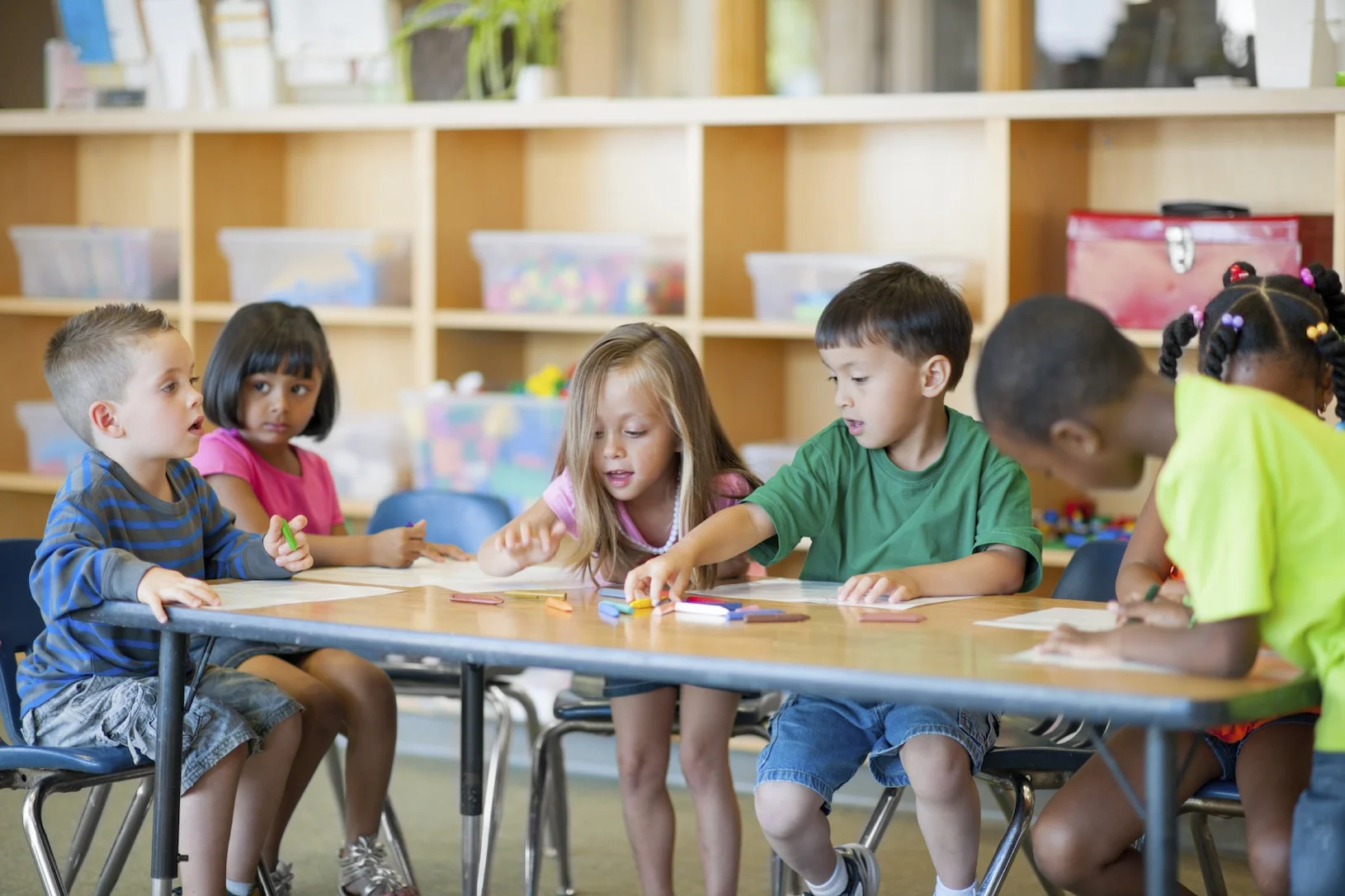Think back to March 2020. Schools shut down, offices closed, restaurants providing to-go orders only, activities and parties canceled, and social isolation. Since then, we have found ourselves transitioning to a new normal. Virtual school and appointments, tons of hand sanitizer and Lysol spray, face masks, and continued social isolation. I never thought we would ever become used to our new way of life, but it has started to become comfortable to most people and many children.
Read MoreWelcome to part 6 of this blog series and thank you for following along! If you are just arriving and have not already identified your Enneagram type, I strongly recommend going back and also reading about Type 1, Type 2, Type 3 and Type 4, and Type 5. To recap, I will be explaining all 9 Enneagram types and sharing personality specific self-care recommendations for each type. Many of these self-care ideas have been pulled from Christina S. Wilcox’s book, Take Care of Your Type.
Read MoreHas your child ever sat down on the couch to discuss their feelings and concerns with you? Most likely, the answer is no. Many children do not have the verbal capability to do so, however, children can communicate their concerns and feelings through play. Play is a child’s language. Children can learn and develop through play, but children can express themselves and relieve anxiety and stress as well.
Read MoreRecently, a lot of parents have shared with me that they feel they should be a “do as I say, because I said so” parent, also known as an authoritarian parent. This is what parents often turn to because they were raised like this, and it might feel like it is the only way to maintain authority.
Read MoreThrough the elementary years, children gain insight on how to better control their emotions, behavior, and attention. Children gain the ability to cope with impulses and delayed gratification. Children begun to think about thought processes, emotion, and develop critical thinking skills.
Read More



